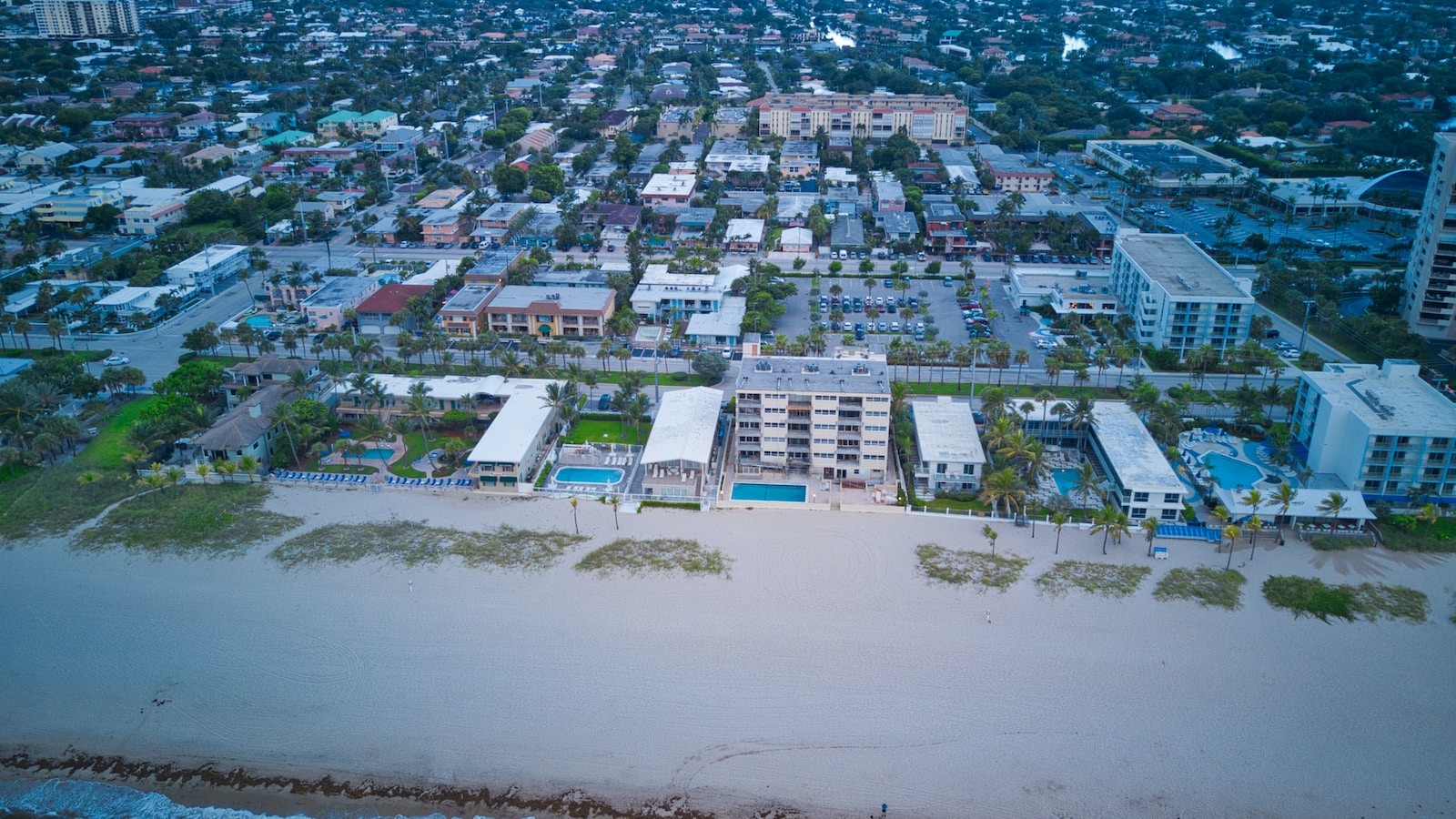Table of Contents
ToggleIntroduction
Fort Lauderdale, one of the most popular tourist destinations in South Florida, has been grappling with severe flooding caused by heavy rainfall in recent days. The impact of the flooding has been far-reaching, leading to the closure of the Fort Lauderdale-Hollywood International Airport, stranding drivers for hours, and causing Broward County Public Schools to close temporarily. This event is a stark reminder of the devastating consequences of climate change on vulnerable coastal cities.
Fort Lauderdale’s Flooding and Climate Change
Climate change is one of the most significant challenges facing the world today. The warming of the planet due to human activities has resulted in rising sea levels, more frequent and severe weather events, and changing rainfall patterns. South Florida, which is already vulnerable to flooding due to its low-lying geography, is particularly at risk.
According to a report by the Southeast Florida Regional Climate Change Compact, sea levels in the region are expected to rise by up to 2 feet by 2060, leading to more frequent and severe flooding. The report also states that extreme rainfall events are likely to become more common, with the potential for up to 30% more rainfall during the wet season.
The recent flooding in Fort Lauderdale is a clear indication that these predictions are already becoming a reality. The city has experienced an increase in the number and intensity of extreme rainfall events in recent years, leading to a growing number of flood-related incidents. The flooding has also highlighted the city’s vulnerability to sea-level rise, with many areas already experiencing tidal flooding during high tides.
Impact of Flooding on Fort Lauderdale
The recent flooding in Fort Lauderdale has had a significant impact on the city and its residents. The closure of the Fort Lauderdale-Hollywood International Airport, one of the busiest airports in the country, has disrupted travel plans for thousands of people. The flooding has also caused extensive damage to roads, homes, and businesses, leading to costly repairs and disruptions to daily life.
The Broward County Public Schools’ decision to close temporarily due to extreme rain and flooding further highlights the severity of the situation. The safety of students and staff is paramount, and the decision to close was made to ensure their well-being.
The flooding has also resulted in hours-long traffic delays, with many drivers stranded on flooded roads. The situation has been exacerbated by the city’s aging drainage infrastructure, which has struggled to cope with the volume of water.
Conclusion: Urgent Need for Climate Action
The recent flooding in Fort Lauderdale is a stark reminder of the urgent need for climate action. The impact of climate change is already being felt in vulnerable coastal cities like Fort Lauderdale, and it is essential that we take action to mitigate its effects.
To reduce the risk of flooding in the future, South Florida needs to invest in resilient infrastructure that can withstand extreme weather events. This investment will require significant funding and political will, but it is essential if we are to protect our communities and our economy from the devastating effects of climate change.
As individuals, we can also take steps to reduce our carbon footprint and support climate action. This can include reducing our energy consumption, supporting renewable energy sources, and advocating for policies that prioritize climate action.
In conclusion, the recent flooding in Fort Lauderdale is a wake-up call for all of us. It is time to take action to mitigate the effects of climate change and protect our communities from its devastating consequences.







